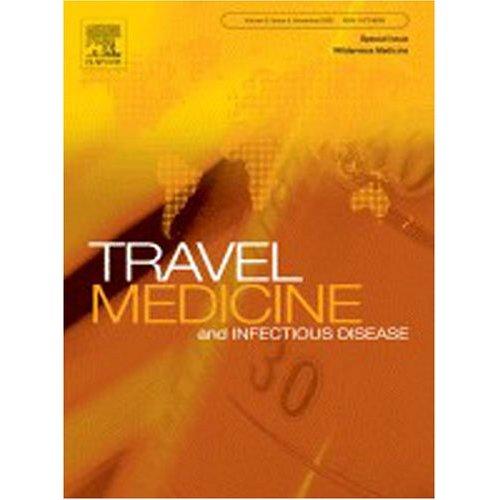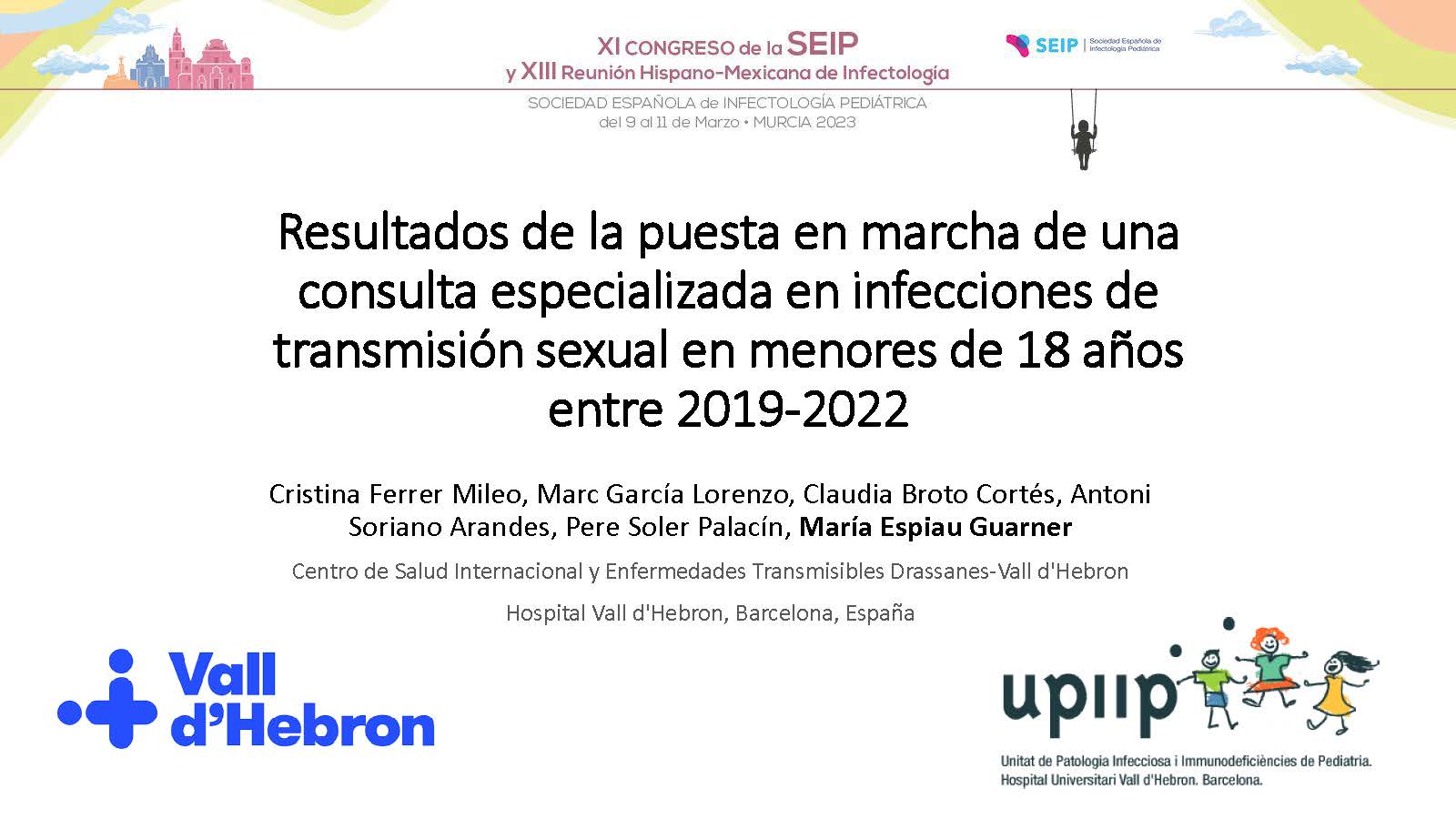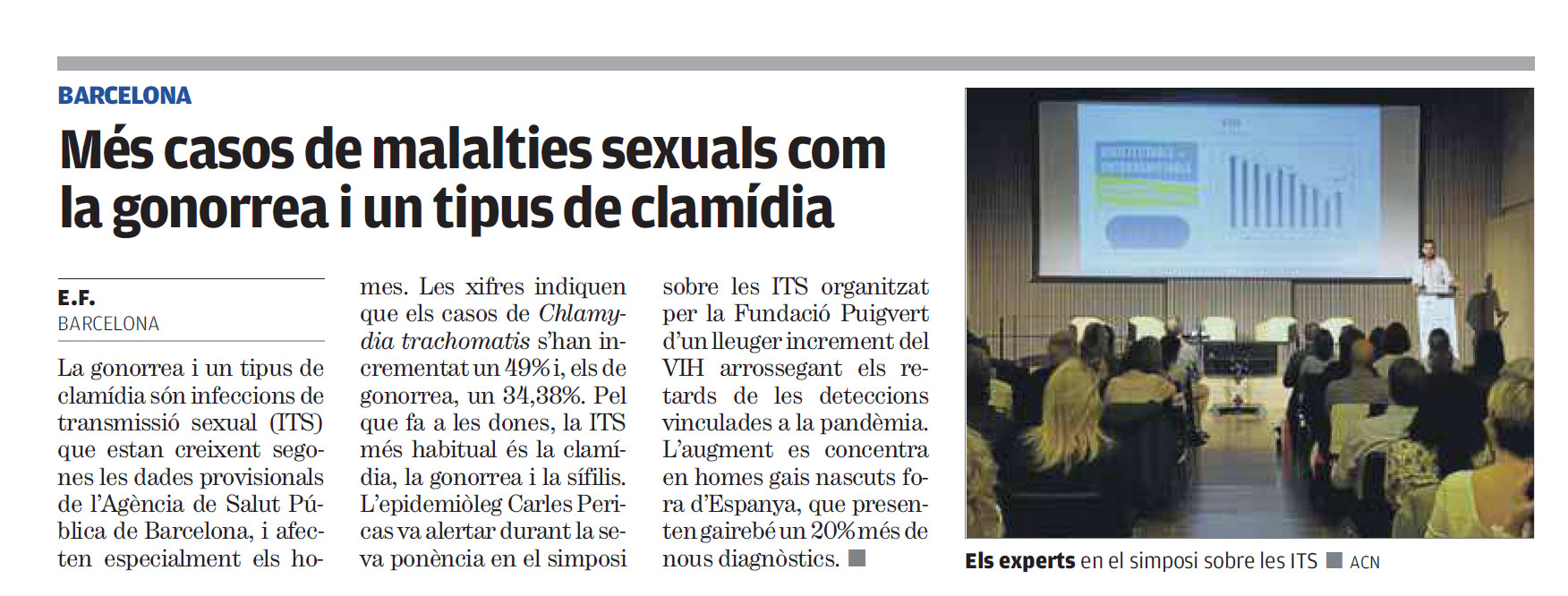Resumen
For geographical and historical reasons, Spain is receiving an increasing number of immigrants. The aim of this study was to evaluate some epidemiological aspects and the main public health issues of communicable diseases in Barcelona’s immigrant population. From 2001 to 2004, a population of immigrants from tropical, subtropical regions and Eastern Europe was attended to in our centre. Each patient was offered a complete screening for tropical and common diseases. The prevalence and demographical characteristics of eight diseases with a potential risk of transmission in our setting were studied: latent and active tuberculosis, syphilis, human immunodeficiency virus (HIV), hepatitis B virus (HBV) and hepatitis C virus (HCV), Chagas disease, Giardia intestinalis and Entamoeba histolytica/ Entamoeba dispar. In all, 2464 immigrants mainly from sub-Saharan Africa were seen. Among the patients who underwent the screening, 46.5% had a positive tuberculin skin test (X10 mm), incidence of active tuberculosis was 324.7/100,000 immigrants in the period of the study, 6.4% had a positive syphilis serology, 7.7% had a positive HBsAg, 3.1% had a positive serology for HCV and 2.8% were HIV positive, 41 patients from Latin America with risk factors for American Trypanosomiasis were screened for Chagas disease by immunofluorescence assay and 34% had a positive result; 5.4% of stools parasitological tests were positive for G. intestinalis; 4.2% for E. histolytica/E. dispar. Communicable diseases in immigrant population could lead to emerging and re-emerging infections in the European Union with important issues for public health. European (Resumen extraído del artículo)
Autoría:
MANZARDO, Christian;
TREVIÑO, Begoña;
GÓMEZ I PRAT, Jordi;
CABEZOS, Juan;
MONGUÍ ÁVILA, Eliana;
CLAVERÍA, Isabel;
VAL, José Luis del;
ZABALETA, Edurne;
ZARZUELA, Francesc;
NAVARRO, Roser






